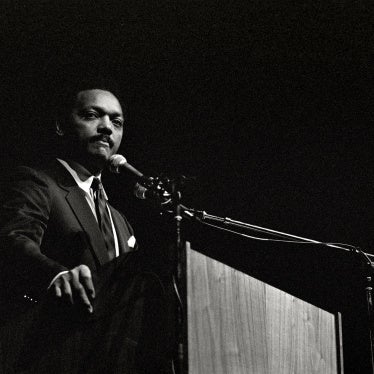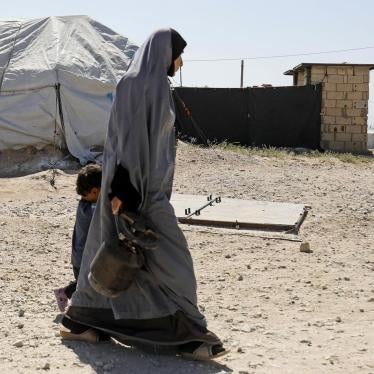Democracies are fragile, and human rights aren’t a given. That was the message human rights advocates delivered at the early December Summit for Democracy hosted by the United States and attended virtually by 110 countries.
The summit, convened by President Joe Biden, was meant to energize nations around the idea of democracy, but it was the human rights activists on the front lines who stole the show. Nathan Law, a democracy activist from Hong Kong who was jailed by the authorities, said “My experience embodies a prime example of how a city once believed to be the freest in Asia can deteriorate into an authoritarian police state right before our eyes. I’ve lived through it. For me, democratic backsliding isn’t an abstract theory but a personal and painful story.”
Zeid Ra’ad al Hussein, former U.N. high commissioner for human rights, spoke of the risks that come from dissent: “It’s all fun and games until they knock on the door, until you are hit and dragged away in front of your children without a word of explanation.”
Democratic governments would be smart to heed those warnings.
The U.S. strategy around the summit was to urge attending nations to make “commitments,” including on human rights. Biden set the level of ambition by announcing the Presidential Initiative for Democratic Renewal, most notable for new funding to support investigative journalists and human rights defenders.
Just before the summit began, the White House issued an opening salvo against authoritarians by calling for the release of three political prisoners, from Belarus, China and Nicaragua. It also put on stage dissidents from nations both uninvited (Egypt, Venezuela, Myanmar) and invited (Uganda, Ukraine). The summit hammered home the point that dissidents should be given a platform, not a prison cell.
But the theatrics will only be credible if the U.S. government is self-reflective about its own policies that enable human rights abuses around the world. Consider, for example, that U.S. security assistance and arms sales continue to benefit rights-abusing countries including the Philippines, Egypt and Saudi Arabia.
The Biden administration’s prioritization of strategic interests over human rights was clear at the U.S.-Egypt Strategic Dialogue that took place in November. Whereas the nations invited to the Summit for Democracy shared a screen with Secretary of State Antony Blinken for a few minutes, Egypt — notorious for torture and extrajudicial killings — was invited to Washington, D.C., for in-person meetings with Blinken and other senior U.S. officials.
Similarly, the White House will host a summit in February with members of the Association of Southeast Asian Nations (ASEAN), whose raft of human rights-abusing governments includes Vietnam, Laos, Thailand, Singapore and Brunei.
Philippines President Rodrigo Duterte, the unrepentant architect of mass murder in the name of a “war on drugs,” last year proudly said, “I don’t care about human rights.”
Hosting a Summit for Democracy and funding new initiatives won’t close the gap between Biden’s rhetoric about prioritizing human rights and the reality of policies that embolden human rights abusers. Only a cold hard look in the mirror can do that, accompanied by not rolling out the red carpet to authoritarians, or remaining silent about their abuses against their people.
As summit invitees head into the so-called year of action — during which they will be implored by the White House to make commitments to shore up democracy — they should look to the people who know the most about what it means to fight for it, the defenders of human rights.










